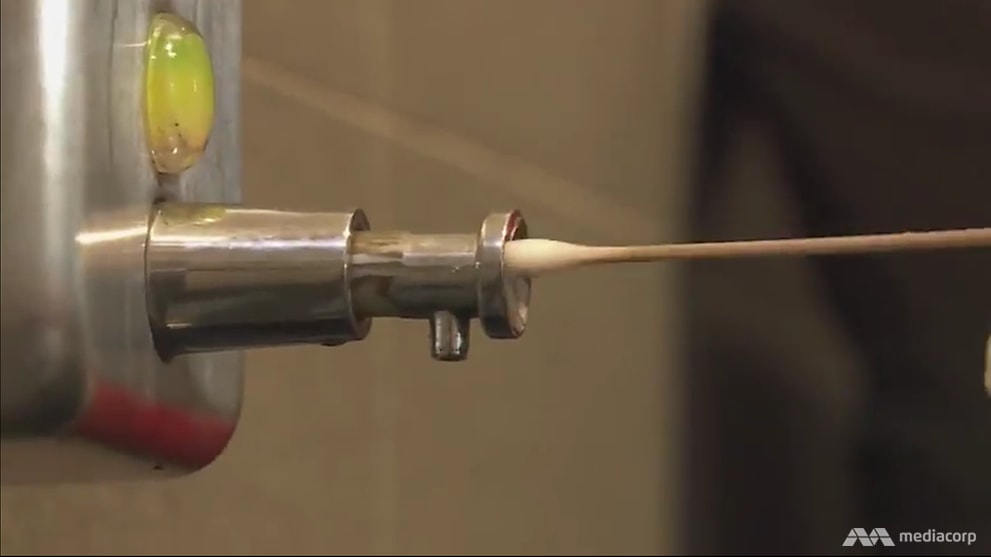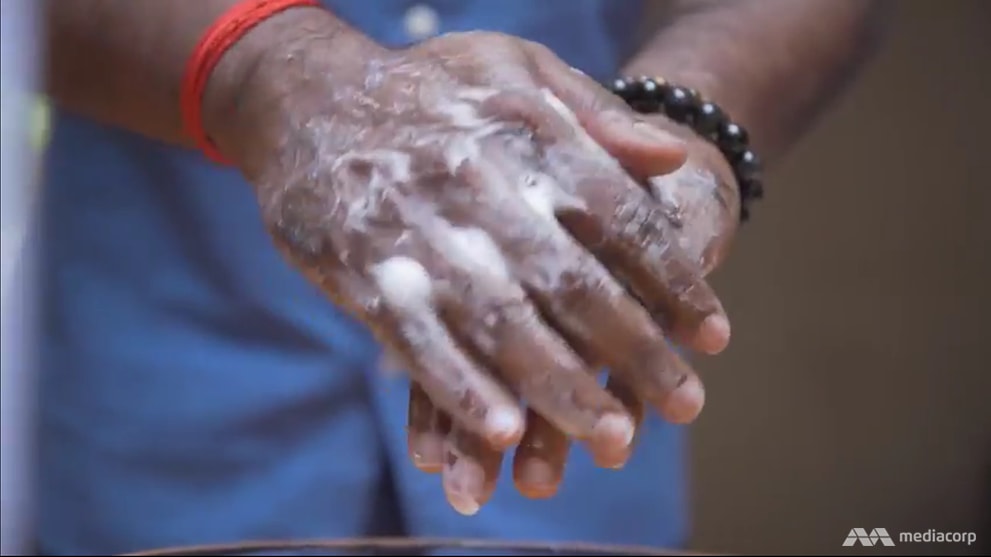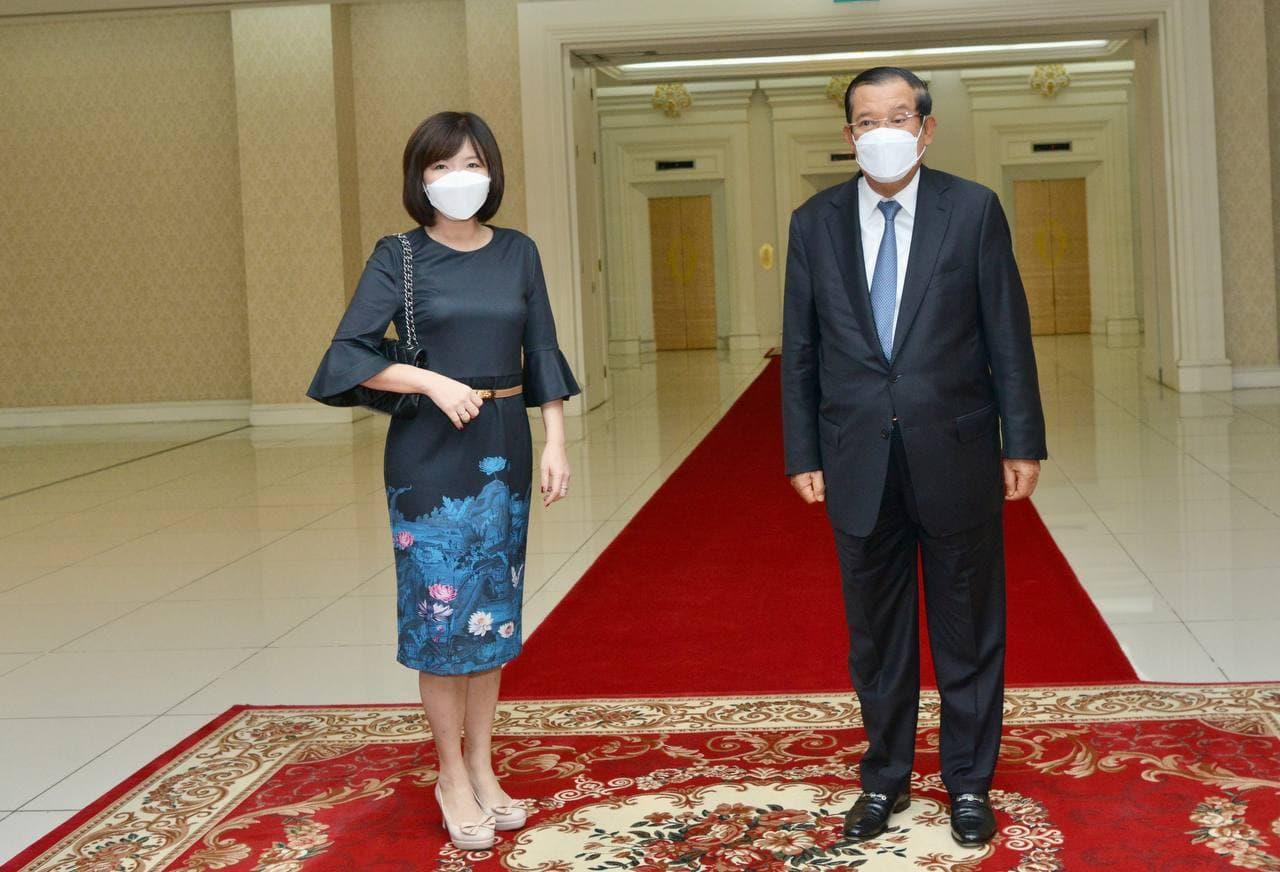Is antibacterial soap better at killing germs, hands down?
With the focus on keeping our hands clean amid the coronavirus disease 2019 (Covid-19) outbreak, antibacterial soaps have been flying off the shelves.
These soaps use chemical agents like chlorhexidine, which supposedly make them better germ killers than normal soap.
They are also sold, on average, at a premium of about 2.6 times the price of normal soap, as noted on the programme Talking Point. But are they indeed better at killing germs and thus worth that much more?

The girl who used normal soap had a bacterial count of 314 before washing her hands and a count of 264 afterwards, a 16 per cent drop.
The girl who used antibacterial soap had an initial count of 256 bacterial colonies, and after washing, it was 184 — or 28 per cent less germs.
This difference between the two soaps, however, could be attributed to how thoroughly both girls had washed their hands, according to programme host Rai Kannu.
The difference is also “not much”, said principal microbiologist Renugopal Jagadeesan at Marchwood Laboratory Services, where the tests were done. “Common soap also has germ-killing properties,” he pointed out, adding that “it isn’t necessary” to buy antibacterial soap.
What he found “surprising”, however, was the difference in the bacterial count for the girl who washed her hands with vodka: From 340 colonies to 147 colonies, a 57 per cent reduction.
“Alcohol has a very strong antibacterial activity, or antimicrobial activity. It can kill bacteria, viruses, yeast and mould,” he noted.
While the girl was allowed to wash off the vodka with water, he added that doing this reduces the effectiveness, especially if done immediately. “(The alcohol) needs sufficient time to kill (the bacteria).”
People who want to have their own alcohol-based handwash at home should note, however, that alcohol can cause dryness of skin.
DIRTY HANDS AND SURFACES


Before the Covid-19 struck, not many people may have given this much thought to the germs their hands could be harbouring. Nine-year-old Desmond Chew, for example, hardly washed his hands unless his parents asked him to.
His mother thought he had the dirtiest hands in their family of four — as with many children, who touch all sorts of surfaces. He thought his father, however, had the dirtiest hands as a car mechanic.
But when bacterial samples taken from their hands were analysed at the Changi General Hospital, microbiologist Crystal Wong found that the mother had the most bacteria — “very concentrated bacteria … compared to the rest of the family: Junior, granny and dad”.
“We’ve concluded that perhaps mummy is the busiest person. She’s … working, doing the household (chores), doing shopping,” cited the associate consultant.
Chew Zee Meng, the father, noted that he always has to wash his hands because they get visibly dirty at work, whereas his wife, who works in an office, “only touches everyday things (like) handbags, doors and so (on).”
“We forget that we’re … in contact with bacteria all the time,” he said.
While their bacteria samples were all “harmless”, Wong cautioned that “if you touch something that happens to have harmful bacteria”, and then touch a family member or go on to cook food, “that’s when it becomes a problem”.
So which are the dirtiest surfaces? From the swabs Talking Point took around Singapore, which were tested at Marchwood Laboratory Services, the highest count of E. coli, or faecal bacteria, was found in soap dispensers in public washrooms.
The highest concentration of staphylococcus aureus — which can cause pneumonia, among other diseases — was found on mobile phones followed by shopping trolleys.
“(On) the skin, it isn’t a problem. If it (is brought into) contact with food, it would create food poisoning; it would grow in numbers,” said Renugopal. And a serious infection could be fatal if it enters the bloodstream.
Covid-19 or not, that is why Singaporeans have heard the usual refrain about keeping their hands clean. And “any soap and water is good enough to protect us”, said Rai.
Credited to: Channel News Asia
https://www.channelnewsasia.com/news/cnainsider/is-antibacterial-soap-better-killing-germs-hands-down-covid-19-12536098







